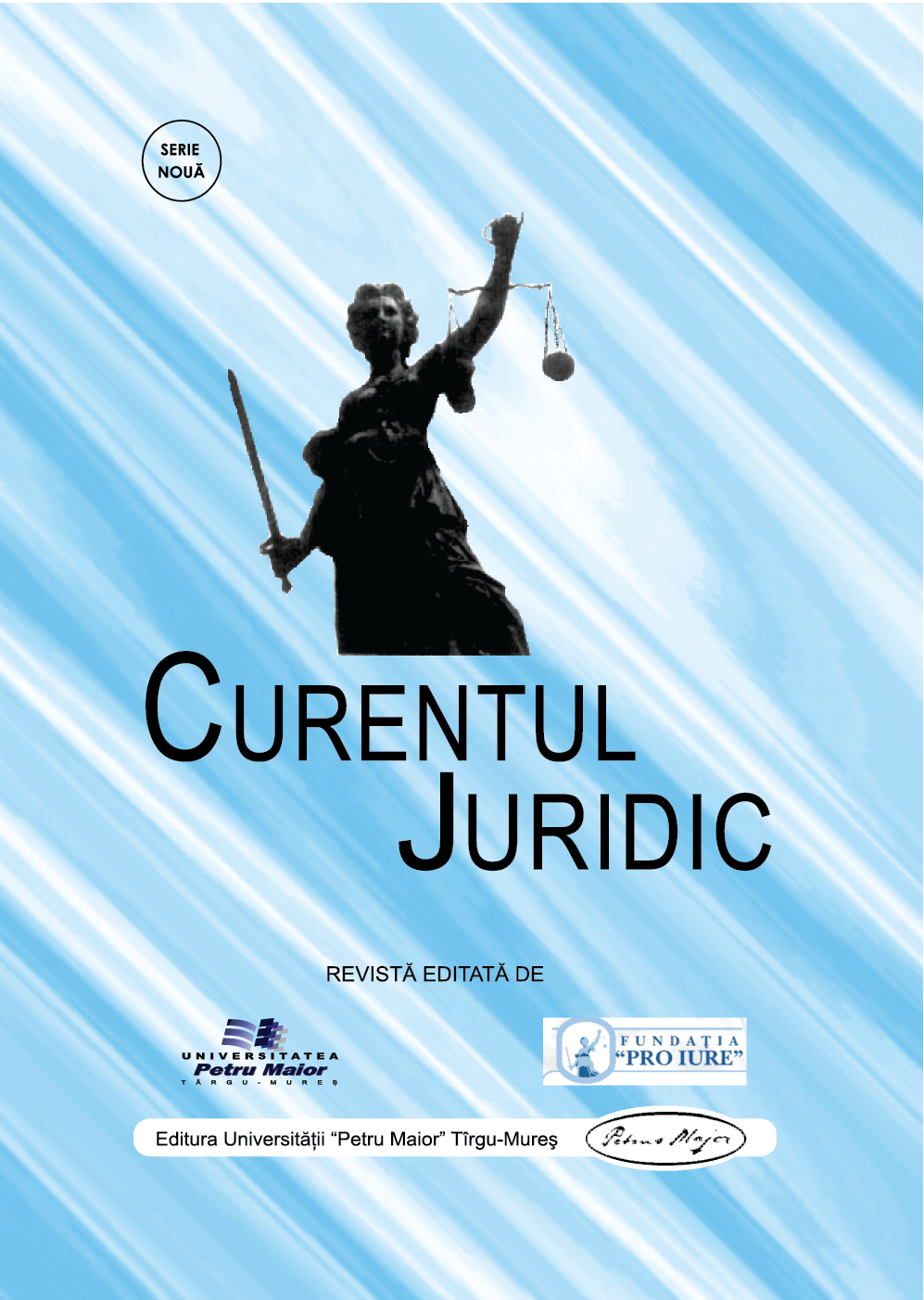SEXUAL HARASSMENT OF FEMALE STUDENTS
BY LECTURERS IN NIGERIAN TERTIARY INSTITUTIONS:
IS THE LAW HELPLESS?
SEXUAL HARASSMENT OF FEMALE STUDENTS
BY LECTURERS IN NIGERIAN TERTIARY INSTITUTIONS:
IS THE LAW HELPLESS?
Author(s): Enobong Mbang AkpambangSubject(s): Law, Constitution, Jurisprudence, Constitutional Law, Civil Law, Human Rights and Humanitarian Law
Published by: Editura University Press, Universitatea de Medicina, Farmacie, Stiinte si Tehnologie “George Emil Palade” din Targu Mures
Keywords: Educators; Female Students; Lecturers; Nigerian Tertiary Institutions, Romantic Relationships; Sexual Harassment; Vicarious Liability;
Summary/Abstract: The article examines the nauseating and recurring problem of sexual harassment of female students by lecturers in Nigerian tertiary institutions in recent times and questions whether the extant regulatory and policy frameworks are weak in addressing the problem. The recent exposure of sexual misconduct or “sex-for-marks” by some Nigerian university lecturers in a 53-minutes video released by a BBC African Eye secret agent, Kiki Mordi, appearing as a young applicant in search of an admission into a Nigerian university, illustrates that sexual harassment is ubiquitous in our higher educational institutions. Previous literature in this area have pointed out that there is a prevalence of female students being sexually pressured by their male lecturers in Nigerian higher institutions of learning, regardless whether they are public, private or faith-based institutions. But whether such pervasiveness and moral decadence is encouraged by dearth of binding or enforceable regulatory and policy frameworks is relatively lacking in most of the past articles examined. Also the repercussion on tertiary institutions, as employers, by way of vicarious liability arising from the sexual abuses perpetuated against female students by their employees would be examined in this article. To these extents, this article will fill the missing gaps. The study employs both primary and secondary sources of data information collection and shall subject same to content and contextual analysis in order to arrive at its conclusion. The article concludes that there are various potent provisions under existing Nigerian legislation which could successfully be relied upon in prosecuting harassers. The article also recommended inter alia, that the government and tertiary institutions must consciously take bold steps in tackling this malady so that sexual harassment will not continue to be a critical issue in our tertiary institutions both in the present and the future.
Journal: Curentul Juridic
- Issue Year: 86/2021
- Issue No: 3
- Page Range: 29-50
- Page Count: 22
- Language: English

